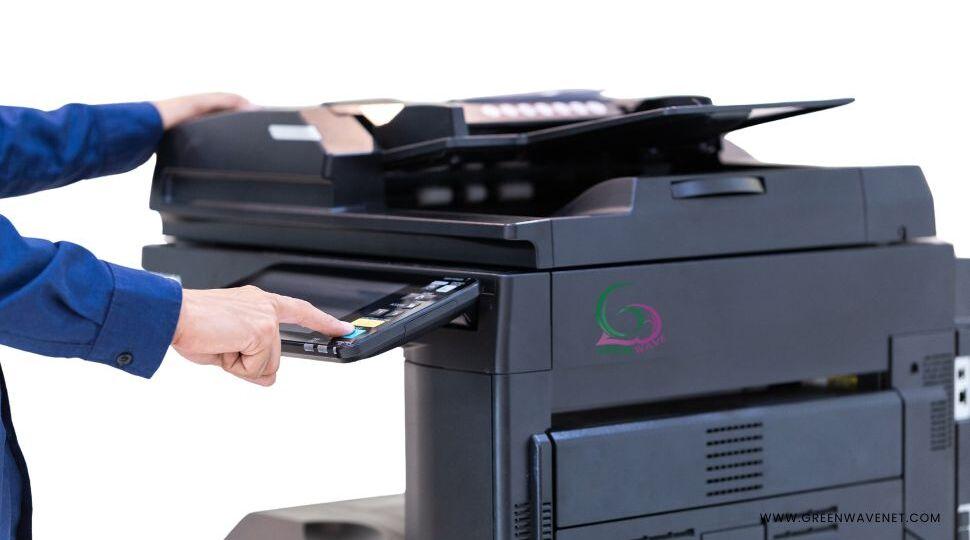Training and Skills Every Virtual Medical Assistant Must Have

The healthcare industry is rapidly embracing digital solutions, and with it, the demand for skilled professionals working remotely has grown. A virtual medical assistant is now an essential part of many clinics and hospitals, helping streamline administrative processes and improve patient care. But what does it take to be successful in this role? Let’s look at the training and skills every assistant must have.
What Is a Medical Virtual Assistant?
A medical virtual assistant is a remote professional trained to provide administrative, billing, and patient support services. They work with healthcare providers to ensure smooth operations, from scheduling appointments to handling insurance claims. Their role requires a unique blend of technical knowledge and strong interpersonal skills.
Core Training for Virtual Medical Assistants
To excel, virtual assistants in healthcare need:
-
Healthcare Knowledge – Understanding medical terminology and processes.
-
EHR/EMR Training – Familiarity with electronic medical records for accurate data management.
-
HIPAA Compliance – Training in data security and privacy standards.
-
Billing and Coding Basics – Knowledge of insurance claims and medical coding systems.
Essential Skills for Success
1. Communication Skills
Clear and empathetic communication with patients and providers is crucial. A virtual medical assistant often interacts with patients through phone calls, emails, and secure platforms.
2. Technical Proficiency
They must navigate scheduling software, billing tools, and electronic health systems with ease.
3. Organizational Abilities
Multitasking and managing large volumes of data require strong organizational skills.
4. Problem-Solving
From resolving billing errors to addressing patient concerns, critical thinking is vital.
The Role of a Virtual Medical Receptionist
A virtual medical receptionist focuses on front-desk responsibilities like answering calls, booking appointments, and managing inquiries. To succeed, they must have excellent customer service skills and the ability to handle high volumes of communication efficiently.
Why These Skills Matter
Without the right training and abilities, healthcare providers risk errors, delays, and patient dissatisfaction. Skilled virtual medical assistants not only support doctors but also improve the overall patient experience, ensuring clinics run smoothly and efficiently.
Conclusion
Every medical virtual assistant must be equipped with proper training and essential skills to succeed in today’s healthcare environment. From HIPAA compliance to strong communication and technical expertise, these professionals are vital in modern practices. Whether working as a back-office assistant or a virtual medical receptionist, their contribution directly impacts patient satisfaction and healthcare efficiency.
FAQs
1. Do virtual medical assistants need formal medical training?
Not always, but familiarity with medical terminology and healthcare processes is essential.
2. Can they handle insurance billing?
Yes, many are trained in billing, coding, and insurance claims management.
3. How important is HIPAA compliance?
It’s critical—patient data privacy must always be protected.
4. What tools should they know?
Scheduling platforms, EMR/EHR systems, and billing software are key.
5. Are communication skills really that important?
Yes, because patient trust and satisfaction depend heavily on clear, empathetic communication.






